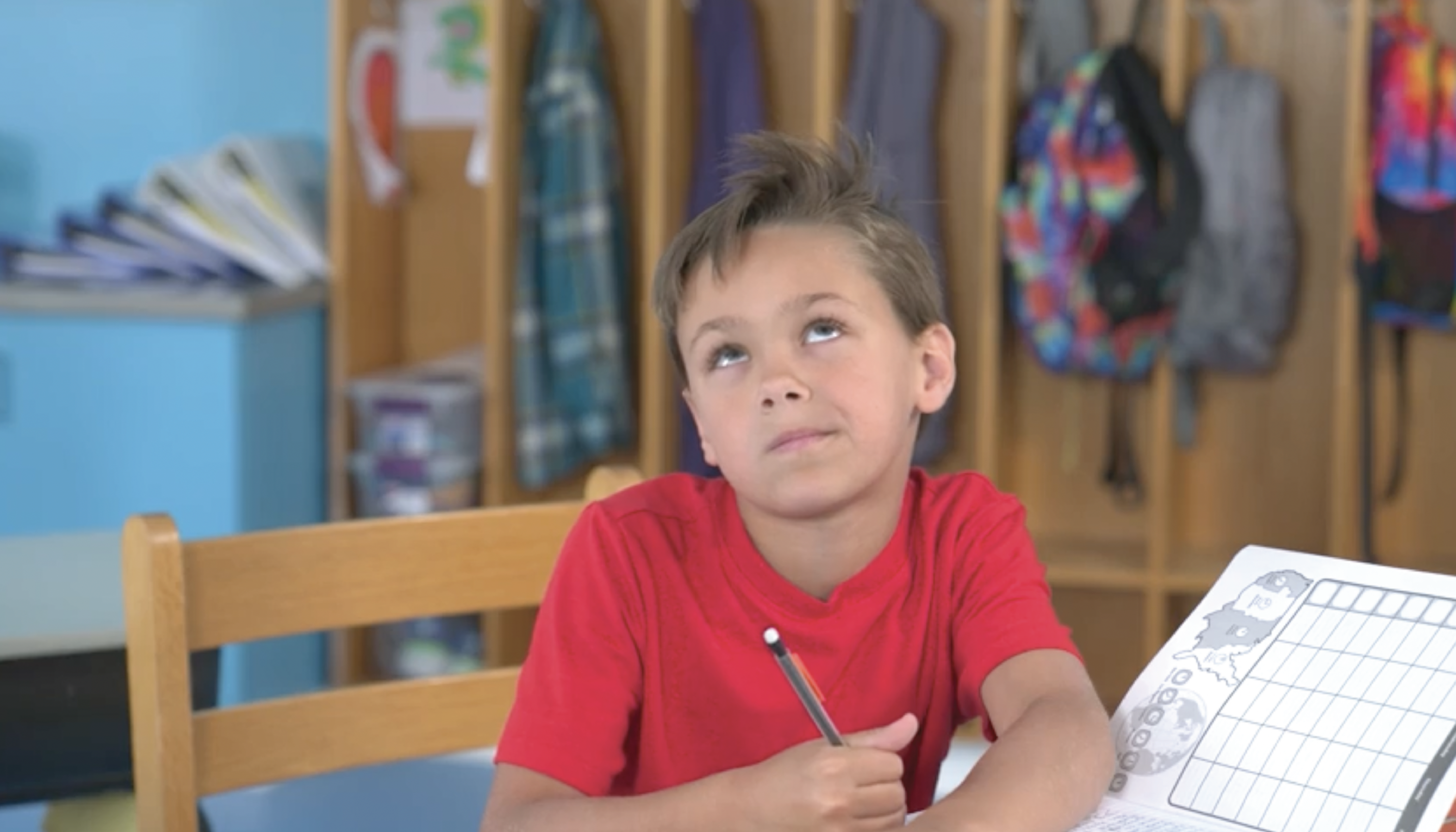
Introduction
Speaking up for ourselves and our abilities is a crucial aspect of learning and personal growth. Middle school students often face situations where others, including adults or classmates, might assume they need help. However, it’s essential to encourage students to feel confident in their abilities and try things on their own without assistance. This blog post will explore the importance of teaching students to express their independence by saying, “I can do it myself.”
No-Prep Activity
Here’s a simple activity that requires no preparation or materials from the educator. Begin by dividing the students into small groups of 3-4. Ask each group to brainstorm a list of everyday tasks or situations where they might need help from others. Then, have them discuss which tasks they believe they could accomplish independently.
Next, instruct students to take turns role-playing scenarios from their lists, with one student acting as the person needing help and another as the helper. Encourage the student in need to practice speaking up for themselves by saying, “I can do it myself.” The helper should then respond positively and support the student’s decision to complete the task independently.
After each role-play, have a brief discussion within the group about the experience and what they learned from it. This activity promotes self-confidence, communication skills, and independent thinking in students.
Discussion Questions
- Why is it important to speak up for ourselves and our abilities?
- How can practicing independence help us grow and learn?
- What are some situations where it’s okay to ask for help, and when should we try to complete tasks on our own?
- How can we ensure we use a kind tone of voice and respectful words when speaking up for ourselves?
- What are some ways we can support our classmates when they express their independence?
Related Skills
Teaching students to speak up for themselves and foster independence is just one aspect of Social-Emotional Learning. Other relevant skills that educators can help students develop include:
- Self-awareness: Understanding one’s own emotions, strengths, and weaknesses.
- Self-management: Regulating emotions and behaviors, setting goals, and working towards them.
- Social awareness: Developing empathy and understanding the perspectives of others.
- Relationship skills: Building and maintaining healthy relationships through effective communication, cooperation, and conflict resolution.
- Responsible decision-making: Making choices that respect oneself, others, and the environment.
Next Steps
If you’re interested in exploring more ways to incorporate Social-Emotional Learning into your classroom and help students develop essential life skills, sign up for free sample materials from Everyday Speech. These resources provide engaging activities, videos, and lesson plans to support students’ growth in speaking up for themselves, fostering independence, and improving other related skills.

